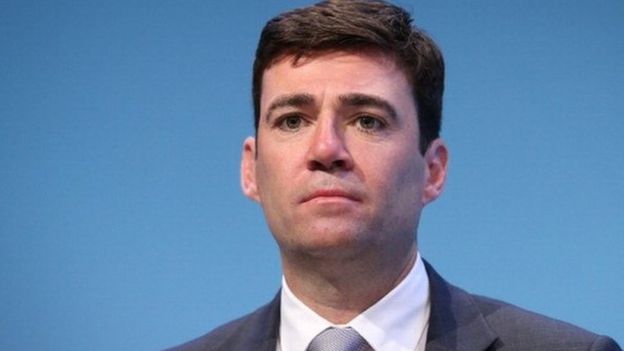Anderson review: Manchester Arena terror attack could have been stopped if cards had fallen differently
Security services may have been able to stop the deadly Manchester attack if intelligence had not dismissed as not terror-related prior to the Islamic State (Daesh)-linked atrocity, a major unclassified Government report has revealed.
Security services may have been able to stop the deadly Manchester attack if intelligence had not dismissed as not terror-related prior to the Islamic State (Daesh)-linked atrocity, a major unclassified Government report has revealed. Its author, David Anderson QC, the former Independent Reviewer of Terrorism Legislation, said he could not prove the outrage would have been stopped but it is conceivable that it might have been averted had the cards fallen differently. MI5 received two key pieces of information in the run-up to Salman Abedi`s bombing at the Ariana Grande concert that turned out to be highly relevant to the planned attack at the Manchester Arena on May 22 missing opportunities to investigate the terrorist. With the benefit of hindsight, the wrong conclusions were drawn, Mr Anderson told a briefing in London on Tuesday (December 5) as his independent review was made public for the first time. Had people understood it in a different way, I think an investigation would have been opened into Salman Abedi, and who knows what it would have found. MI5s internal assessment claimed that a new investigation would not have prevented the attack, but Mr Anderson said it would have plainly been preferable to open a new inquiry into Abedi. The bomber had already been put under active investigation twice once over his contact with another subject of interest in 2014, when he was considered a low residual risk, and again in October 2015 because of indirect contact with a Daesh figure in Libya. The assessment confirmed that three terrorists involved in attacks that hit Britain between March and June this year had at some point been on authorities radar. They were responsible for the deaths of 36 people and hundreds more injured in terrorist incidents at Westminster, Manchester, London Bridge and Finsbury Park. In June, MI5 and Counter-Terrorism Policing (CTP) commissioned very detailed internal reviews of the attacks and an overarching?Operational Improvement Review?(OIR). The nine reviews considered what was known before the attacks, how processes operated and the implications for counter terrorism work in the future. The OIR sought to identify improvements to the counter terrorism machine and involved the security and intelligence agencies and Government partners. Mr Anderson was asked by Home Secretary Amber Rudd to provide?independent assurance of the reviews and given unfettered access to complete what he describes as an unclassified independent assessment. His 1,150-page report shows that CTP and MI5 have together thwarted 22 plots in the last four years, nine of which have been stopped since March 2017. There are currently well over 500 counter terrorism investigations, involving more than 3,000 subjects of interest along with a growing pool of more than 20,000 individuals who have previously been the subject of terrorism investigations. He warned of the risk presented by the 20,000 former subjects of interest whose investigations have been closed the group Abedi and Westminster attacker Khalid Masood fell into. Their dangers are exacerbated by the fact they are not under active investigation, Mr Anderson said in his report. He made 126 recommendations, including calling on MI5 to improve data sharing and analysis with law enforcement agencies and how so-called closed subjects should be managed while standardising triage assessments across the country of both Islamist and far-right terrorism. His report endorses several recommendations that CTP and MI5 believe will further strengthen processes in counter terrorism work. Many of these build on existing improvements already underway at the time of the attacks. The main areas of focus are:? Exploiting data: the OIR recommends steps to strengthen further our ability to detect engagement in terrorism-related activities, including detecting re-engagement by former subjects of interest in terrorism investigations;? Multi-agency


